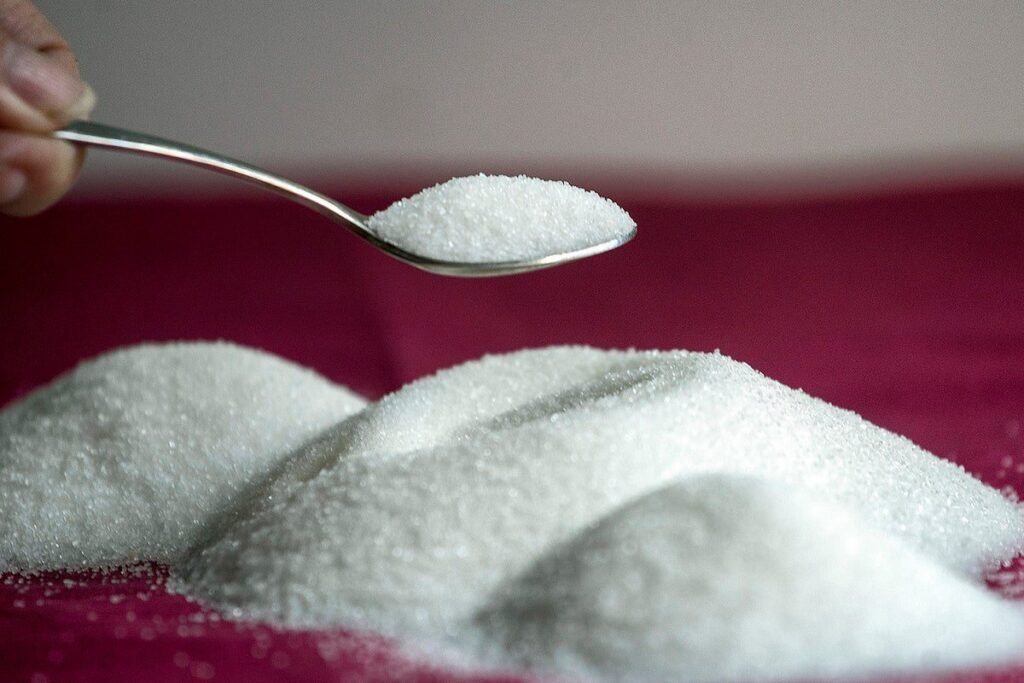
Is Sugar Addiction Real? Understanding Its Parallels with Substance Abuse
Is Sugar Addiction Real? Understanding Its Parallels with Substance Abuse
Hey there! In a world where we’re more aware of what goes into our bodies, sugar often finds itself in the hot seat. With all the sweet treats around, it’s worth scratching beneath the surface and asking whether sugar acts like an addictive substance, akin to drugs like cocaine. Trust me, the implications are more than just academic; recent research hints that the way we consume sugar may echo addictive behaviors, and that’s a big deal for our health. So, let’s dig a little deeper into this intriguing topic and see what the evidence reveals.
Sugar and Behavioral Addiction-like Features
Is Sugar Really Addictive?
Here’s something to chew on: studies show that sugar can trigger behaviors akin to addiction. Animal experiments, especially those with rats, provide some eye-opening insights. When these little critters have unlimited access to sugary goodies, they act out much like drug addicts do. We’re talking about bingeing, cravings, and developing a tolerance—the more sugar they get, the more they want.
When researchers take sugar away from these rats, they show withdrawal symptoms similar to what drug users experience—think anxiety and depression. This suggests our brains might operate similarly when it comes to sugar and traditional addictive substances. Sadly, this can create a tough cycle of craving and reward that makes cutting back on sugar feel like climbing a steep hill.
Signs You Might Be Addicted to Sugar
If you’re wondering why it’s so hard to cut sugar out of your life, consider some indicators of sugar addiction:
1. Binge Eating: Finding yourself gobbling down more sugary snacks than you planned.
2. Cravings: Having that intense urge for sweets, even when you’re not hungry.
3. Tolerance: Needing to snack on more sugar to feel that same hit of joy.
4. Withdrawal Symptoms: Feeling irritable, moody, or down when you can’t get your sugar fix.
5. Prioritizing Sugar Over Everything: Choosing sugary foods over responsibilities or activities you usually enjoy.
If any of this sounds familiar, you’re not alone. It’s a real struggle that demands attention.
Sugar’s Impact on the Brain
Sugar and Your Brain’s Reward System
Let’s talk about what’s happening in your brain with sugar. When you indulge in sugary treats, your brain releases dopamine, the “feel good” chemical linked to pleasure and reward. This is startlingly similar to how addictive drugs work. Over time, your brain may develop a “tolerance,” meaning you’ll need more sugar to feel the same high. Take sugar away, and you might find yourself with withdrawal-like feelings, just like someone trying to quit drugs.
Practical Steps to Cut Back on Sugar
If you suspect sugar is messing with your life, don’t worry—there are steps you can take. Let’s break it down:
1. Cut Back Gradually: Rather than going cold turkey, slowly decrease your sugar intake to ease withdrawal.
2. Find Healthier Alternatives: Swap out sugary snacks for whole fruits and nuts. They can satisfy your sweet tooth while also providing nutrients.
3. Stay Hydrated: Sometimes, thirst can feel like hunger. Drinking water can help with those sugar cravings.
4. Practice Mindful Eating: Notice when and why you’re reaching for sugary treats. This awareness is key to managing your habits.
The Bigger Picture: Public Health Concerns
The Real Dangers of High Sugar Consumption
Here’s a sobering statistic: many folks, especially kids, are consuming nearly three times the recommended amount of sugar. This trend is linked to serious health issues like obesity and diabetes, which are on the rise. Public health professionals are ringing alarm bells, urging action to address high sugar intake. Here’s what they’re pushing for:
– Education: We need to shed light on the risks associated with excess sugar, particularly for kids and parents.
– Policy Changes: Advocating for stricter regulations on sugar content in processed foods and drinks.
– Encouraging Healthier Diets: It’s all about promoting balanced diets that lean more toward whole foods rather than sugary processed options.
Your Role in the Solution
While larger public health measures matter, individual actions are just as important. Raising awareness about your own sugar consumption can lead to healthier choices. By being conscious of what you’re eating, you can help decrease the demand for sugary products.
How to Make These Changes Stick
Understanding that sugar can be addictive empowers you to take control of your eating habits. Here’s how to start:
1. Start a Sugar Diary: Keep track of your sugar consumption and how it makes you feel. This can highlight patterns worth addressing.
2. Set Clear Goals: Think about what reducing sugar looks like for you—maybe it’s smaller portions, less frequent indulgence, or finding alternatives.
3. Connect with Community: Join local nutrition groups. Sharing your journey can provide support and strategies to help you maintain a balanced diet.
Wrapping It Up
The similarities between sugar and addictive substances give us a solid reason to reflect on how we interact with sugar in our lives. It’s time to recognize sugar’s addictive qualities and take steps—both personally and as a community—to build healthier lifestyles.
Let’s keep an eye on how much sugar we consume and understand its effects on our behaviors and health.
What’s your take on sugar consumption and its addictive traits? I’d love to hear your thoughts or experiences in the comments below. Let’s keep this important conversation going because awareness is the first step toward making those positive changes!
Written by Alexander Babinets
Founder of Express Fitness, certified coach, and author helping people get in shape without excuses.
📍 expressfitness.ca | 📩 info@expressfitness.ca
👤 More about me → alexanderbabinets.com
Hashtags: #sugar #like #addictive #more #what #sugary #when #health #they #take #feel #about #brain #addiction #than
